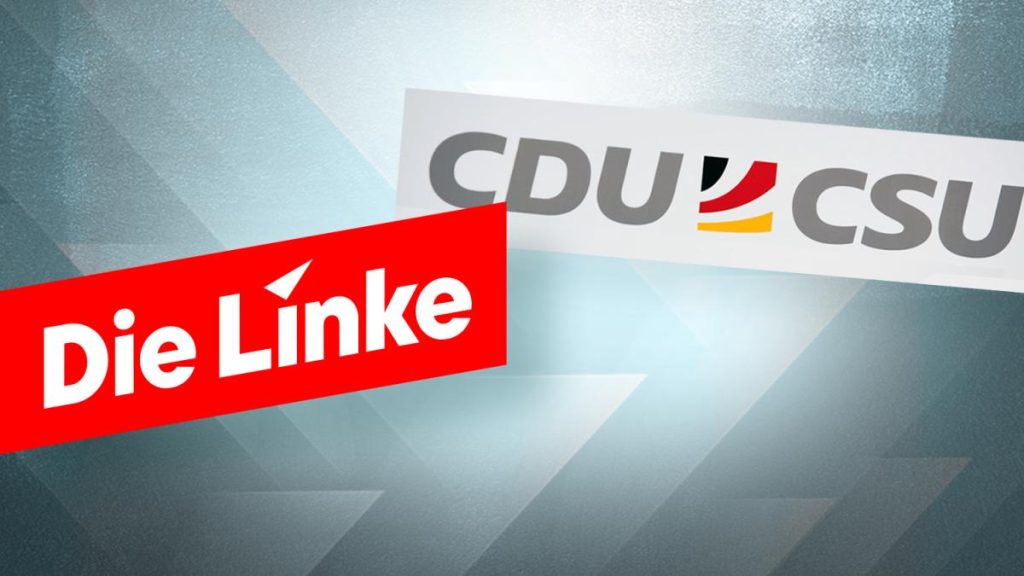The Union faction and the Left in the Bundestag typically do not have much in common, especially when it comes to controversial migration policies. However, two documents have recently surfaced that show remarkable parallels between them. Both are Small Inquiries, which are questions posed by factions to the federal government on specific topics. In September 2023, the Left faction submitted an inquiry regarding the return of asylum seekers to other EU countries, known as Dublin Procedures. In February 2024, the Union faction submitted a similar inquiry focusing on the same topic. Both inquiries had similar titles and questions, leading to speculation about possible collaboration or plagiarism between the two factions.
The questions in both inquiries were almost identical in many cases, raising questions about whether the Union faction may have used the Left’s work to their advantage. The Left faction expressed outrage, claiming that the Union’s inquiry was plagiarized from their own work. However, the Union defended their actions, stating that there is no copyright on the questions and that the data requested by the Left were indeed relevant. The Union emphasized that they viewed the data from a different perspective but acknowledged that the Left’s questions had provided a basis for their conservative migration policies.
The Union faction’s utilization of questions previously posed by the Left may have been a deliberate effort to take advantage of the Left’s limitations in parliamentary rights, following the departure of some members. The Left had been unable to submit inquiries during this transitional period, leading to frustration within the faction. Additionally, the Union had also taken advantage of a gap left by the Left faction to continue their work on specific topics related to hate crimes. While the Left was angered by the Union’s actions, the Union saw no issue with using the questions posed by the Left for their own purposes.
The Left faction criticized the Union for allegedly using their questions to frame refugee policies in a certain way, while the Union defended their right to utilize any questions posed by other factions. The Union viewed the relationship between the factions as beneficial in providing data for policymaking, despite their differing political ideologies. The Left expressed concern over the lack of proper attribution for their work, while the Union maintained that there are no exclusive rights to specific topics in the Bundestag.
The Left faction also criticized the federal government for delays and incomplete responses to their inquiries, accusing them of favoritism towards the Union faction. This led to the Left taking their grievances to the Federal Constitutional Court, which resulted in the temporary lifting of restrictions on their inquiry rights. Despite these challenges, both factions continue to engage in parliamentary activities, albeit with differing perspectives and approaches towards addressing key issues such as migration and hate crimes. The dynamics between the Union and the Left factions in the Bundestag highlight the complexities and tensions within German politics.


